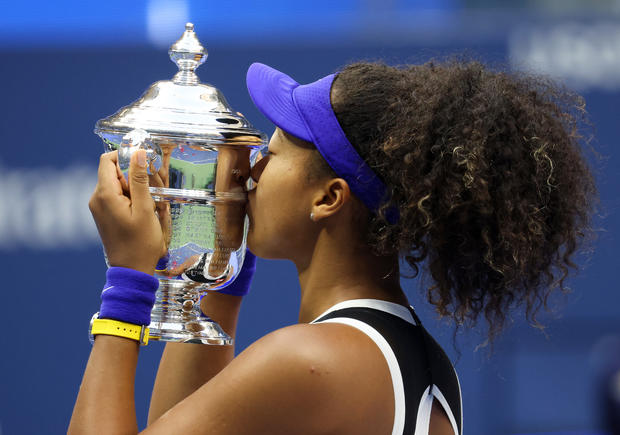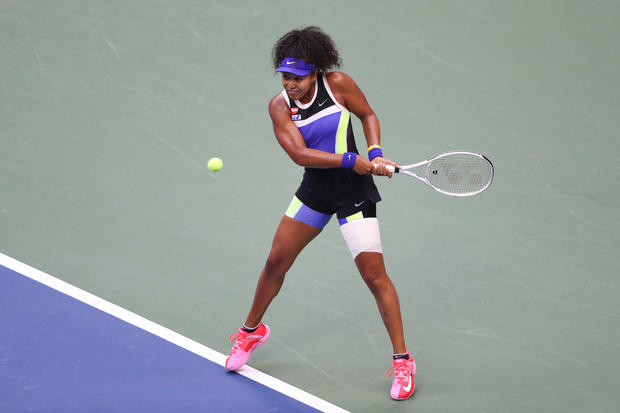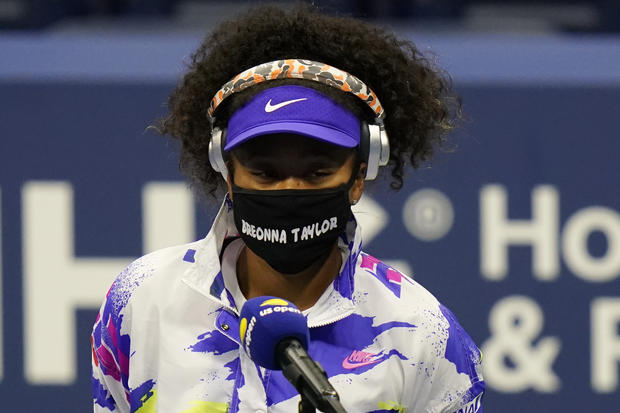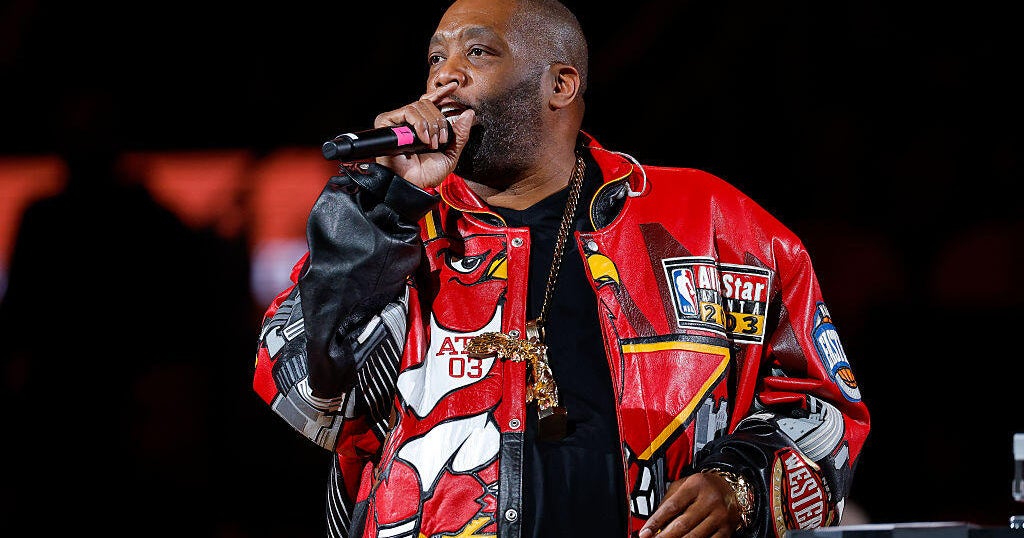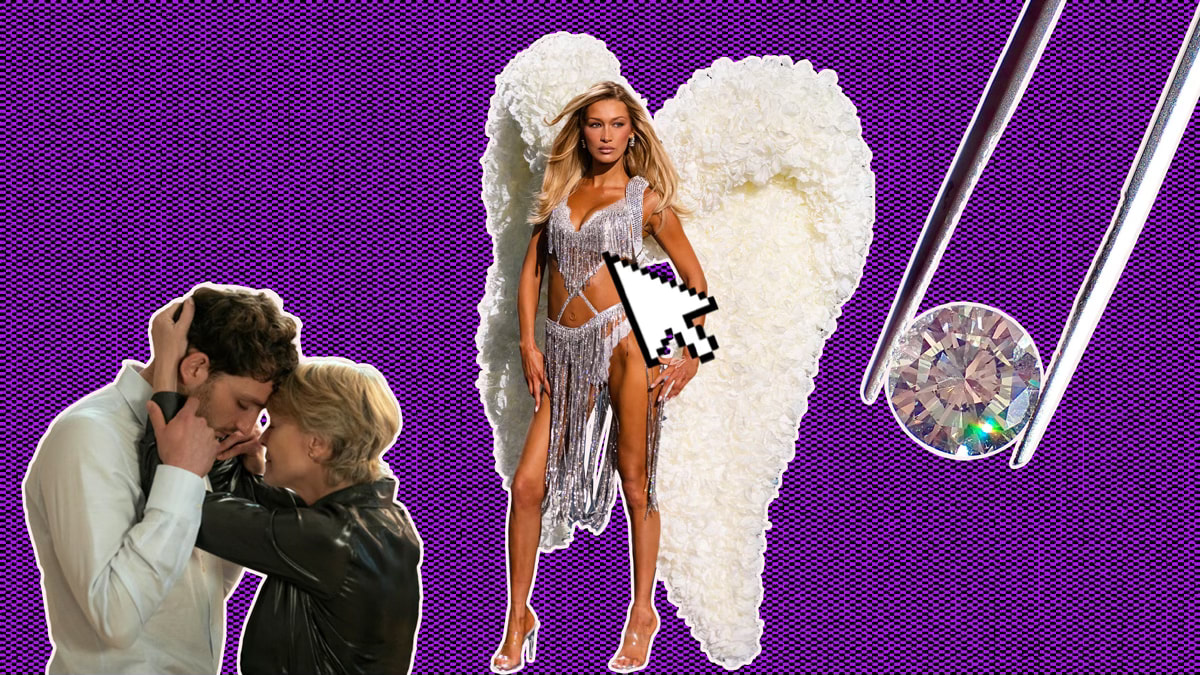Naomi Osaka defeats Victoria Azarenka to win second U.S. Open
Naomi Osaka triumphed at the U.S. Open on Saturday, winning a comeback 1-6, 6-3, 6-3 victory against Victoria Azarenka. This is Osaka's second U.S. Open championship and third Grand Slam title.
Osaka was off-kilter in the early part of Saturday, missing shots and digging herself a deficit. After one errant forehand in the first set of the U.S. Open final, Naomi Osaka looked at her coach in the mostly empty Arthur Ashe Stadium stands with palms up, as if to say, "What the heck is happening?"
In response to another wayward forehand against Azarenka seconds later, Osaka threw her racket. It spun a bit and rattled against the court.
But suddenly, she lifted her game, and Azarenka couldn't keep up.
Even after Osaka surged ahead 4-1 in the third set, the outcome was unclear. She held four break points in the next game — if she'd converted any of those, and she would have served for the win at 5-1.
Azarenka held, somehow, and broke to get to 4-3, then stood and stretched during the ensuing changeover. But Osaka regained control, breaking to start a match-ending run of three games, covering her face when the final was over.
A quarter-century had passed since the last time the woman who lost the first set of a U.S. Open final wound up winning: In 1994, Arantxa Sanchez Vicario did it against Steffi Graf.
Osaka, a 22-year-old born in Japan and now based in the United States, added to her trophies from the 2018 U.S. Open — earned with a brilliant performance in a memorably chaotic final against Serena Williams — and 2019 Australian Open.
The 23,000-plus seats in the main arena at Flushing Meadows were largely unclaimed, and the stands were mostly silent.
Osaka stepped onto the court wearing a black mask with the name of Tamir Rice, a Black 12-year-old boy who was killed by police in Ohio in 2014. Osaka arrived in New York with seven masks bearing the names of Black victims of violence and wore a different one for each match, honoring Breonna Taylor, Elijah McClain, Trayvon Martin, Ahmaud Arbery, George Floyd and Philando Castile.
She has been at the forefront of efforts in tennis to bring awareness to racial injustice in the United States. She joined athletes in various sports by refusing to compete last month after the police shooting of Jacob Blake in Wisconsin — she said she wouldn't participate in her semifinal at the Western & Southern Open, then decided to play after the tournament took a full day off in solidarity.
Osaka and her coach have said they think the off-court activism has helped her energy and mindset in matches.
